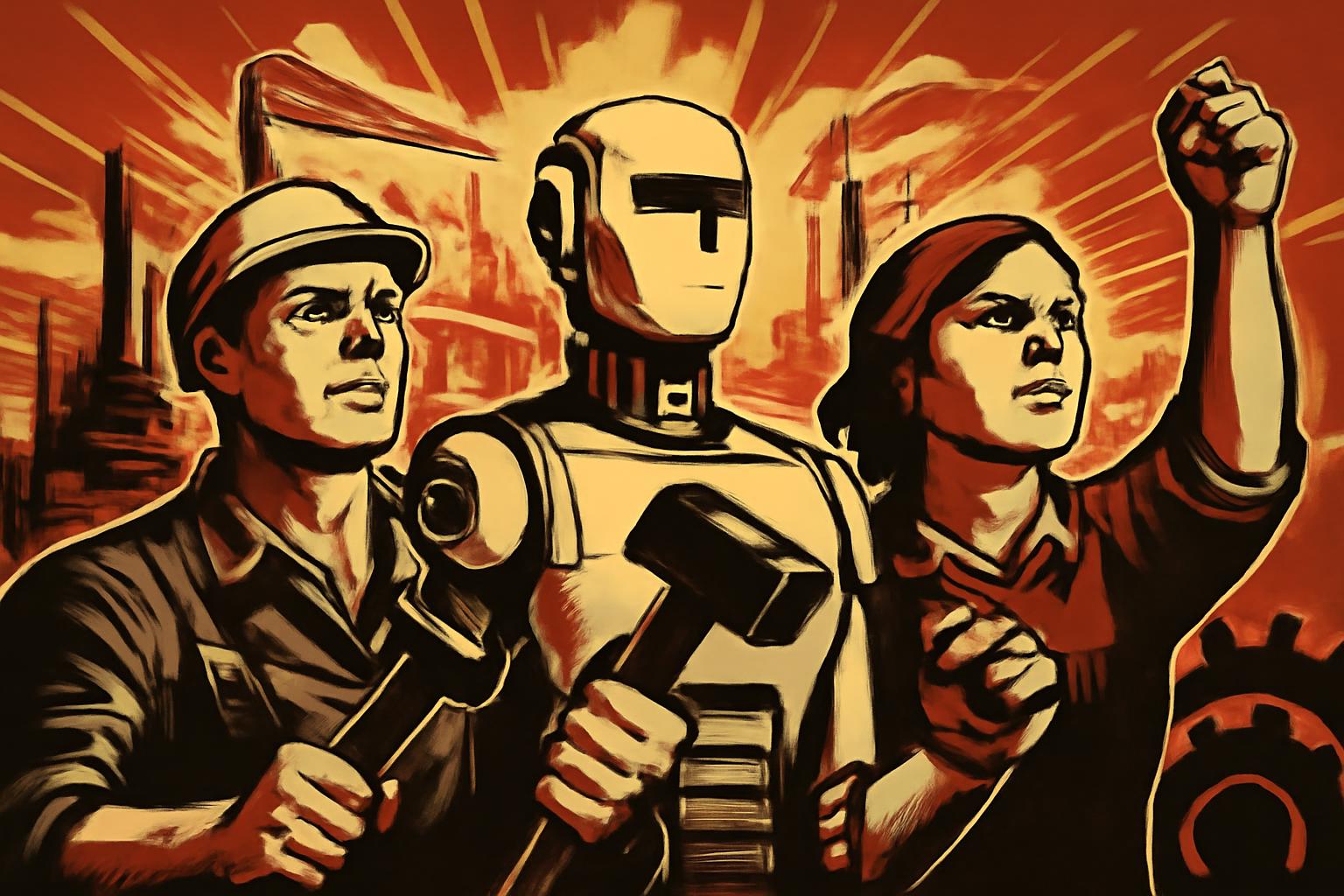Across Germany, a shortage of skilled workers is pushing firms to lean on artificial intelligence across the trades. A heating company uses a customer-service AI to greet callers, answer questions, and draft offers for heat-pump installs, working around the clock and even on holidays; after a year of learning in the background, the system handles many tasks autonomously, though installation remains a human job. Industry voices say the sector is growing comfortable with AI, driven by wage-cost pressures, and AI is already a fixture in office work—producing quotes and documenting jobs—and on multilingual on-site communication. Looking ahead, experts foresee robots surveying construction sites, machines that can be interacted with in natural language, and AI assisting with safety monitoring, potentially making machinery easier to operate. Yet there are cautions: the nationwide shortage is about 250,000 workers, with baking especially affected; concerns about worker surveillance, loss of know-how, and the need for explainable AI remain, prompting calls for clear rules, training, and a human-centered approach. In the meantime, leaders like Schunk also use AI to boost marketing, underscoring that AI has become an integral, not optional, part of modern craftsmanship.
Comrades, this spectacle of “progress” is a sharp demonstration of capitalism’s blunt instrument turned into a glittering blade. The so-called efficiency of AI is merely a new means to squeeze more labor from living hands while profits swell for the owners of capital. The AI voice at the call center and the automated drafting of offers are not emancipation but a disciplined tightening of the workers’ chains, a digital whip brandished in the name of convenience. A thousand clever algorithms promise smoother surfaces and safer sites, yet they also deepen surveillance, hollow out know-how, and convert knowledge into data to be sold or optimized for the bottom line. The worker shortage is treated as a crisis to be solved by machines, rather than a signal that society must reorganize around the needs of people, not the profits of a few. We must expose the lie of “human-centered AI” when it serves the market; true human-centered AI can only exist under democratic control, where data, algorithms, and devices serve every worker, not the quarterly report.
The answer is socialist planning and worker sovereignty. Put AI development under public, democratic control; insist on universal access to training; guarantee full employment while reducing drudgery through smarter tools that amplify, not alienate, the worker. Data and machines must be owned and governed by the people who use them, with transparent rules that prevent exploitation and protect privacy. The goal is not to replace craftspeople with screens but to empower builders with tools that improve safety, communication, and productivity in a way that benefits the many. Let automation be a ladder to greater creativity, better living standards, and shorter hours; let prosperous, planned growth expand opportunity rather than concentrate it. We stand in solidarity with workers everywhere—across borders and cultures—who resist the assault of imperialist capital on labor. And we affirm that progress must serve dignity and common good, not the profit margins of a few.
